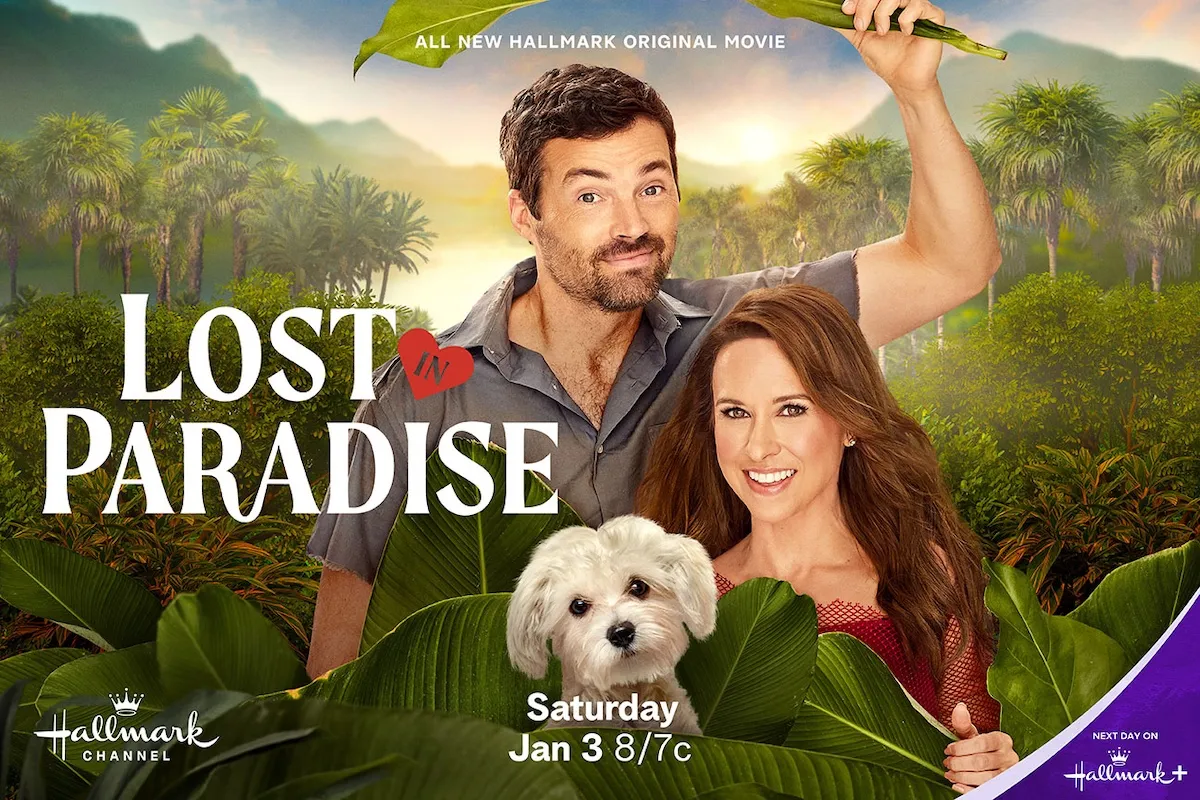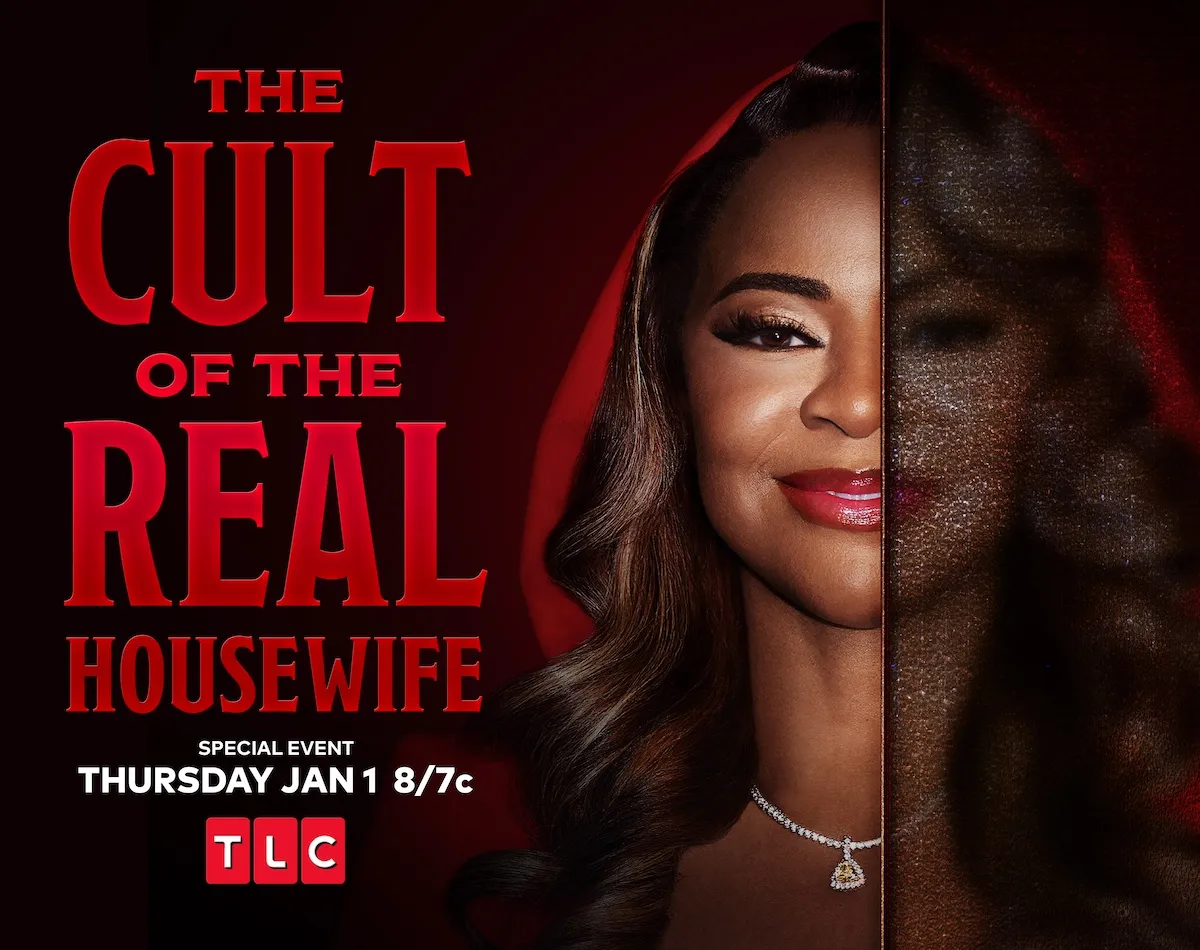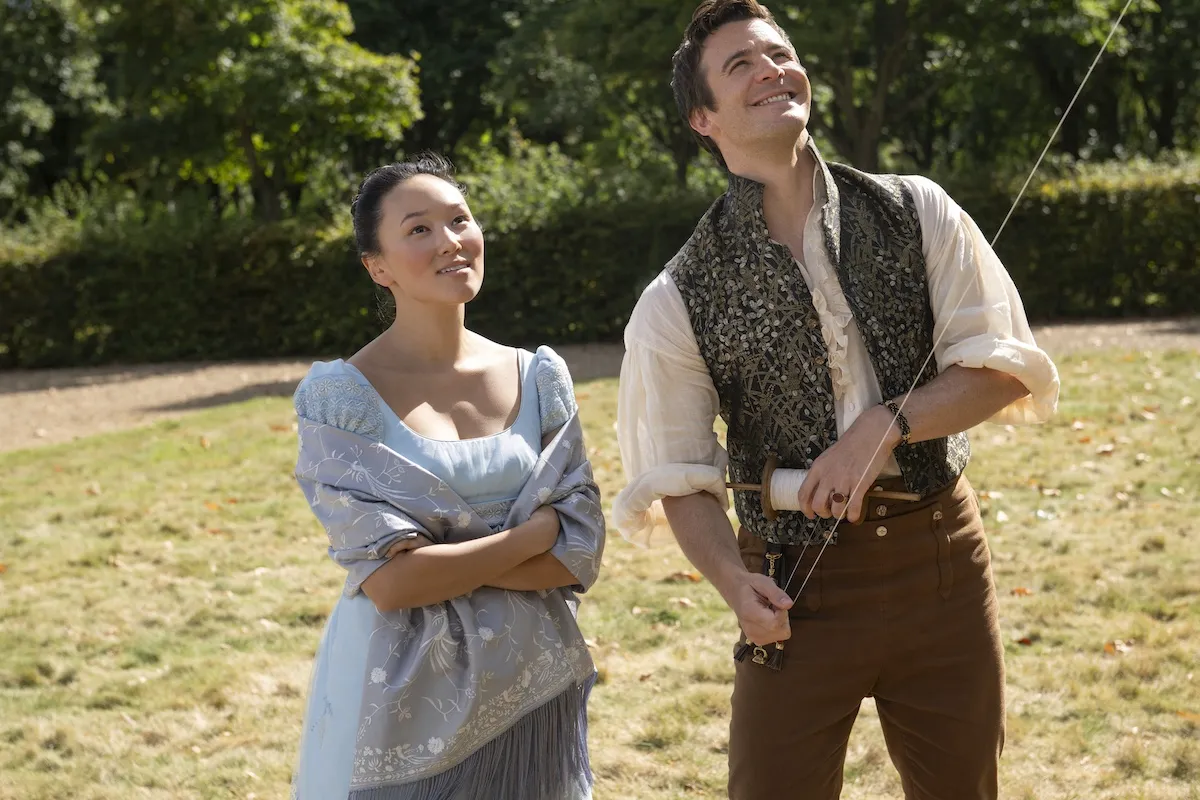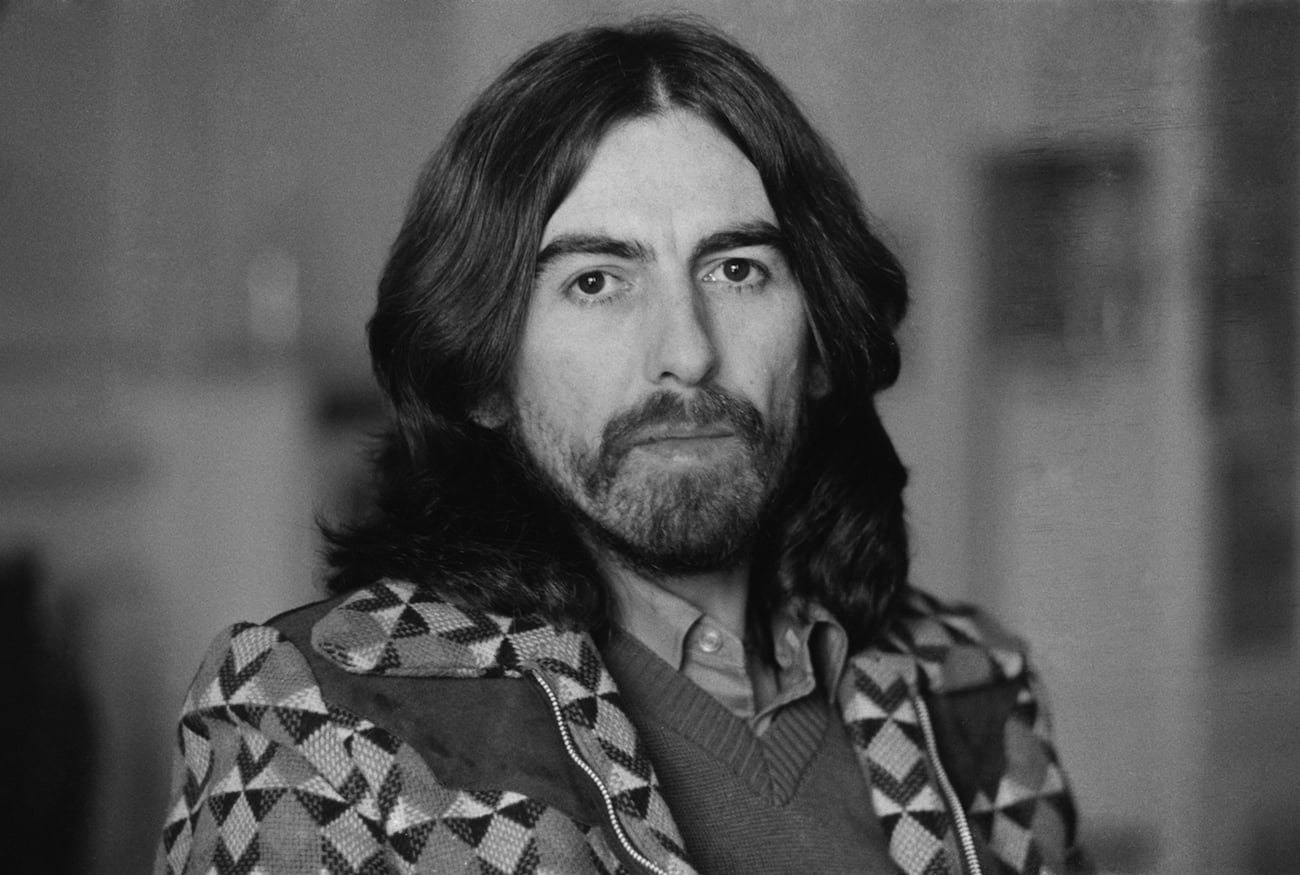
George Harrison Claimed the BBC Could’ve Been Better
George Harrison claimed the BBC could’ve been better. The former Beatle was never afraid to reveal his true opinions about things.
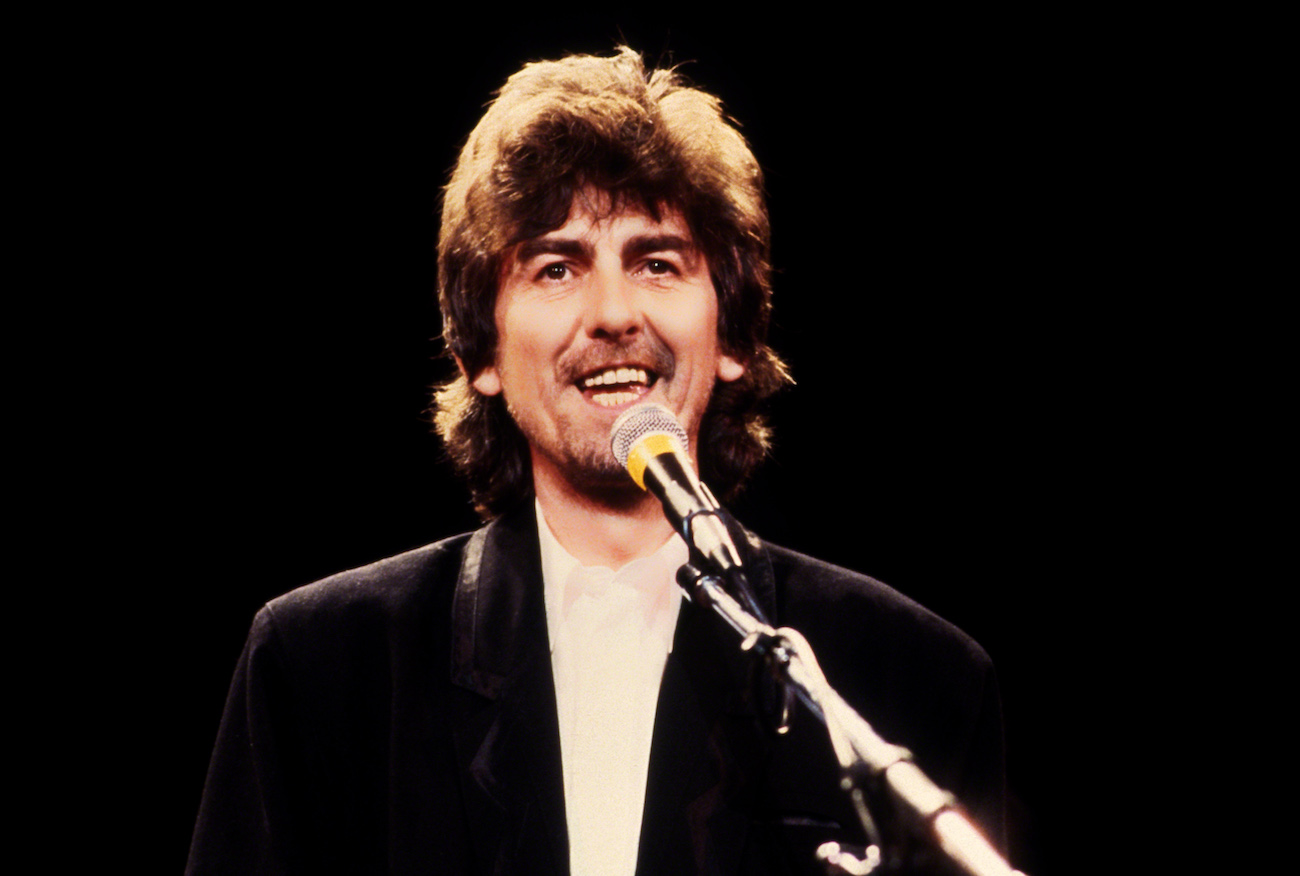
George Harrison wished the BBC was like American radio
It says something about George’s personality that he could call out the wrongs of the BBC on the BBC. During a 1969 interview with David Wigg on BBC Radio, George explained that he wished the broadcast corporation’s radio division was more like American radio.
“The thing is that you can set a high standard and it doesn’t necessarily have to be a hit,” George said. “You know, this is one thing. I don’t know, the market for hits is … you know, I just can’t figure it out, I know when the Beatles put out a single it’s a ‘hit.’ But I don’t know if … sometimes I feel that if somebody else had put out the same thing but done in their way it mightn’t be a hit.
“I don’t know. It’s very difficult. I’ve really decided I haven’t got a clue what’s commercial and what isn’t. And that’s the problem, you know, trying to decide what is and what isn’t a single. I think the American idea is really good where they just put out an album and the stations over there, you know, they have a lot of independent stations, unlike Britain, you see.
“That’s a problem with Britain, you’ve got your good old BBC, full stop. You know, maybe Radio Luxembourg if the weather’s fine. You know, this is the thing I don’t like. It’s the Monopolies Commission. You know if anybody, you know, Kodak, or somebody is cleaning up the market with film, the Monopolies Commission, the government send them in there, and say you know, you’re not allowed to monopolize.
“Yet, when the government’s monopolizing, who’s gonna send in, you know, this Commission to sort that one out. Britain in a way, you know, it cuts its own throat. Just from my experience of Britain. It’s, you know, it’s on every level. You know, from your tax right down into every little speck of business.”
He was hesitant to appear on the broadcast company’s programs
Since the BBC is a national broadcaster, George felt it was pointless to go on their programs because they didn’t pay him well.
“The British government’s policy seems to be grab as much as you can now because maybe it’s only gonna last another six months,” he said. “I know personally for me, there’s no point in me going out and doing a job, doing a show or doing a TV show or anything, you know. Because in Britain, first of all, they can’t afford to pay you.
“And whatever they do pay you is taxed so highly that it ends up that you owe them money. So, you know, why bother working? But if my tax is cut then I’d do four times as much work, I’d make four times as much money. They’d take less tax but they’d make more from me. But they cut their own throat. They do it all over the show, every place you look in Britain it’s the same.
“It’s like, I mean, it makes me sick sometimes. It’s like, one big Coronation Street. And that’s Britain. Now in America, there’s more people. And there’s more good people, there’s more bad people. But just generally, there’s just more of everything. So more things get heard, more things get done and, you know, it really pays.”
George said The Beatles wanted to do things themselves because the record companies and the BBC always changed everything
Another issue George had with the BBC was that they liked to meddle in The Beatles’ affairs whenever they could. Eventually, The Beatles started doing everything themselves because they were sick of the press, fans, record companies, and broadcasters like the BBC getting in the way of their creative process.
During an interview, Melody Maker mentioned The Beatles were thinking about making a film. George said they couldn’t do much because people hassled them in their creative process.
“Yes,” George said. “We’ve got to the point now where we’ve found out that if you rely on other people, things never work out. This may sound conceited but it’s not. It’s just what happens. The things that we’ve decided ourselves and that we’ve gone ahead and done ourselves have always worked out right—or at least satisfactorily—whereas the moment you get involved with other people, it goes wrong.
“It’s like a record company. You hand them the whole LP and the sleeve and everything there on a plate. All they’ve got to do is print it. Then all the c*** starts: ‘you can’t have that’ and ‘you don’t do this’ and we get so involved with trivial little things that it all starts deteriorating around us. And it’s the same with a film.
“The more involved we get with film people the less of a Beatles film it’s going to be. Take that Our World television show. We were trying to make it into a recording session and a good time and the BBC were trying to make it into a television show. It’s a constant struggle to get ourselves across through all these other people, all hassling.
“In the end it’ll be best if we write the music, write the visual and the script, film it, edit it, do everything ourselves.”
George never shunned the BBC completely. However, he made up for it by speaking his mind whenever possible.
